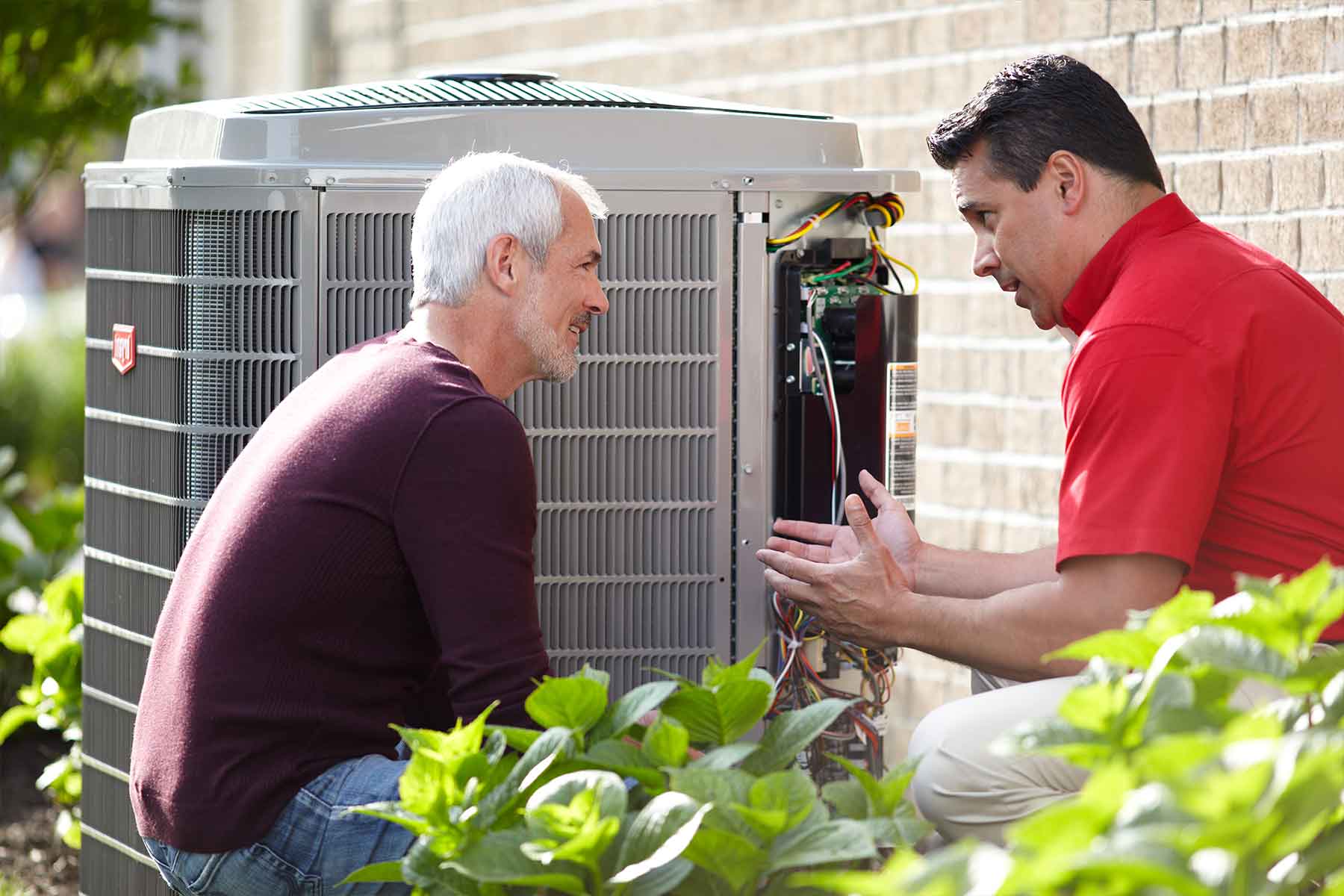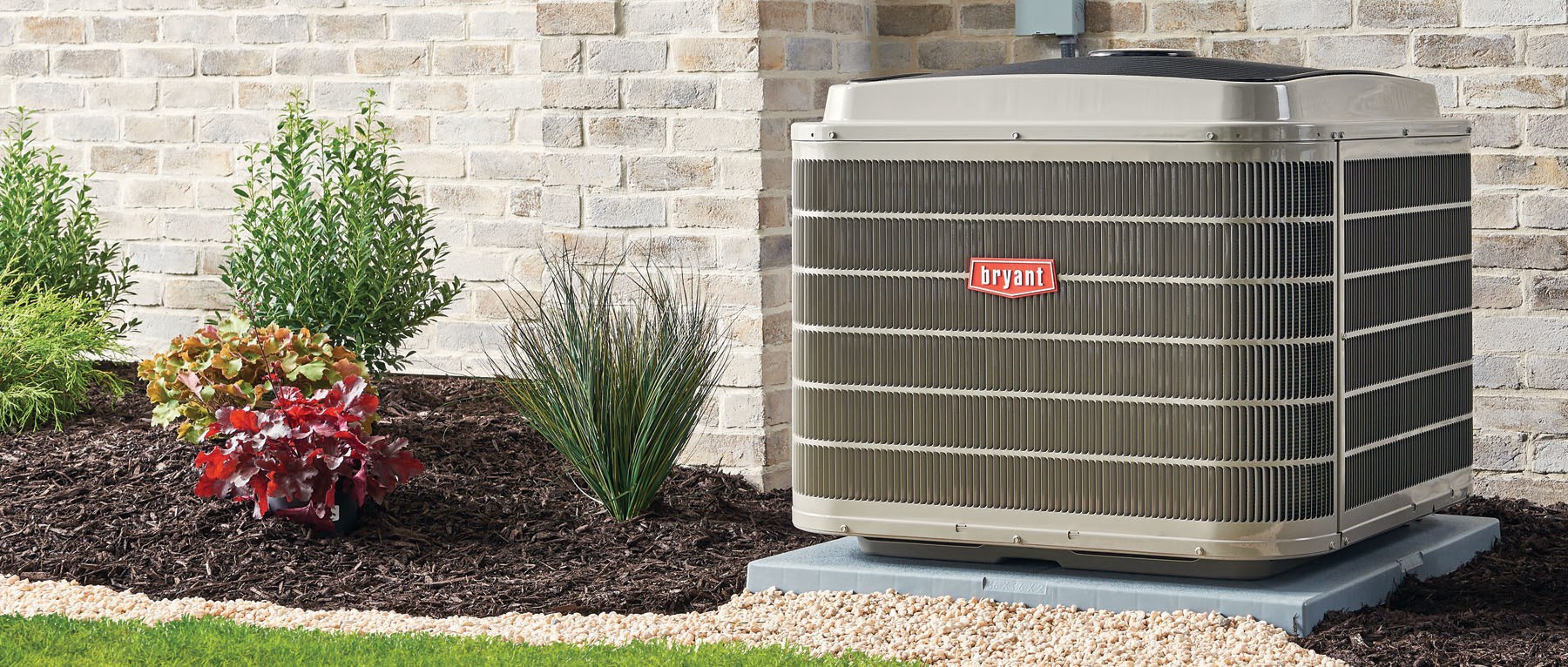
Understanding SEER Ratings: What They Mean for Your Energy Bill
Introduction
In today's climate-conscious world, understanding the intricacies of energy consumption has never been more crucial. One key aspect that homeowners and businesses should familiarize themselves with is the Seasonal Energy Efficiency Ratio (SEER) rating. But what exactly does this mean for your energy bill? Understanding SEER Ratings: What They Mean for Your Energy Bill is about more than just numbers; it’s about making informed choices that can significantly impact your monthly expenses and environmental footprint.
From air conditioning installation to emergency HVAC repair, knowing the ins and outs of SEER ratings can help you optimize your heating and cooling services. This article delves into the significance of SEER ratings, how they affect your energy bills, and what you should consider when choosing HVAC systems.
Understanding SEER Ratings: What They Mean for Your Energy Bill
What is a SEER Rating?
The Seasonal Energy Efficiency Ratio (SEER) is a measure used to evaluate the efficiency of air conditioning systems. This ratio represents the total cooling output (measured in BTUs) during a typical cooling season divided by the total electric energy input (in watt-hours) during that same period. The higher the SEER rating, the more efficient the unit is.
Why are SEER Ratings Important?
SEER ratings serve as an important benchmark when comparing different HVAC systems. They give potential buyers a clear idea of how much energy their units will consume, which directly correlates to energy bills. By understanding these ratings, consumers can make smarter choices regarding air conditioning installation or upgrades.

How Does a Higher SEER Rating Affect Your Energy Bills?
A higher SEER rating means that your HVAC system will use less energy to cool your home effectively. For example:
- A system with a SEER rating of 14 might use 30% less electricity than one rated at 10.
- This efficiency translates into lower monthly utility costs, ultimately saving you money over time.
Table: Estimated Annual Cooling Costs Based on SEER Ratings
| SEER Rating | Estimated Annual Cost | |-------------|-----------------------| | 10 | $1,200 | | 12 | $1,000 | | 14 | $857 | | 16 | $750 |

Factors Influencing Your Energy Bill Beyond SEER Ratings
While understanding SEER ratings is essential, other factors also influence your overall energy expenditure:
Choosing an Efficient HVAC System
What Should You Look for When Choosing an HVAC System?
When investing in residential HVAC systems, consider the following:
- SEER Rating: Aim for a minimum of 14-16 for optimal savings.
- Energy Star Certification: Look for units with this certification to ensure efficiency.
- Cooling Load Calculation: Consult local HVAC contractors to determine the proper size for your home.
Air Conditioning Installation Tips
Proper installation plays a critical role in achieving optimal performance from your unit:
The Role of AC Maintenance Services in Managing Costs
Why Regular Maintenance Matters?
Regular maintenance can improve your system's efficiency and longevity:
- Clean filters enhance airflow and reduce strain on components.
- Scheduled inspections catch potential issues before they turn into costly repairs.
What Services Do AC Maintenance Programs Include?
Most comprehensive AC maintenance services cover:
- Filter replacements
- Coil cleaning
- Refrigerant checks
- Electrical component inspections
These services not only prolong the life of your equipment but also keep it running at peak efficiency.
Emergency HVAC Repair: What You Need to Know
Recognizing When You Need Emergency Repairs
Sometimes an unexpected breakdown occurs, requiring immediate action:
If you find yourself searching for "HVAC repair near me," it's crucial to act quickly.
How Can You Prepare for Emergency Situations?
Having a plan in place ensures you're ready when disaster strikes:
- Maintain contact information for local HVAC contractors who offer emergency services.
- Consider signing up for annual maintenance plans that include priority service during emergencies.
Comparing Residential vs Commercial HVAC Systems
What Are the Key Differences Between Residential and Commercial Systems?
While both types aim to provide comfort through heating and cooling, their designs differ significantly:
FAQ Section
1. What is considered a good SEER rating?
A good SEER rating typically starts at 14 or higher; units above 16 are considered highly efficient.
2. Can I upgrade my current system to improve its SEER rating?
Yes! Upgrading to a more efficient model can lead to significant savings on energy bills over time.
3. How often should I schedule maintenance for my AC unit?
It’s recommended to schedule maintenance at least once per year; twice annually is ideal for high-use areas.

4. What does it mean if my AC unit has fluctuating temperatures?
This may indicate an issue with either refrigerant levels or airflow that requires urgent inspection by professionals.
5. How do I find affordable HVAC services near me?
Search online using terms like “affordable HVAC services” or “HVAC repair near me” along with reviews from previous customers.
6. Is it worth investing in high-SEER rated equipment?
Yes! While upfront costs may be higher, long-term savings on utility bills generally offset those initial expenses significantly.
Conclusion
In conclusion, understanding SEER ratings offers invaluable insights into managing your energy bill effectively while maximizing comfort in your home or business space. By opting for higher-rated systems paired with regular maintenance from trusted local HVAC contractors, you’re Click here! taking significant steps towards reducing both costs and environmental impact.
So next time you're considering air conditioning installation or looking up “HVAC repair near me,” remember that every detail matters—from choosing a reliable contractor offering emergency HVAC repair services to selecting high-efficiency models designed specifically for your needs—because every degree counts!
By staying informed about elements like Understanding SEER Ratings: What They Mean for Your Energy Bill, you’ll not only save money but also contribute positively towards sustainable living practices!